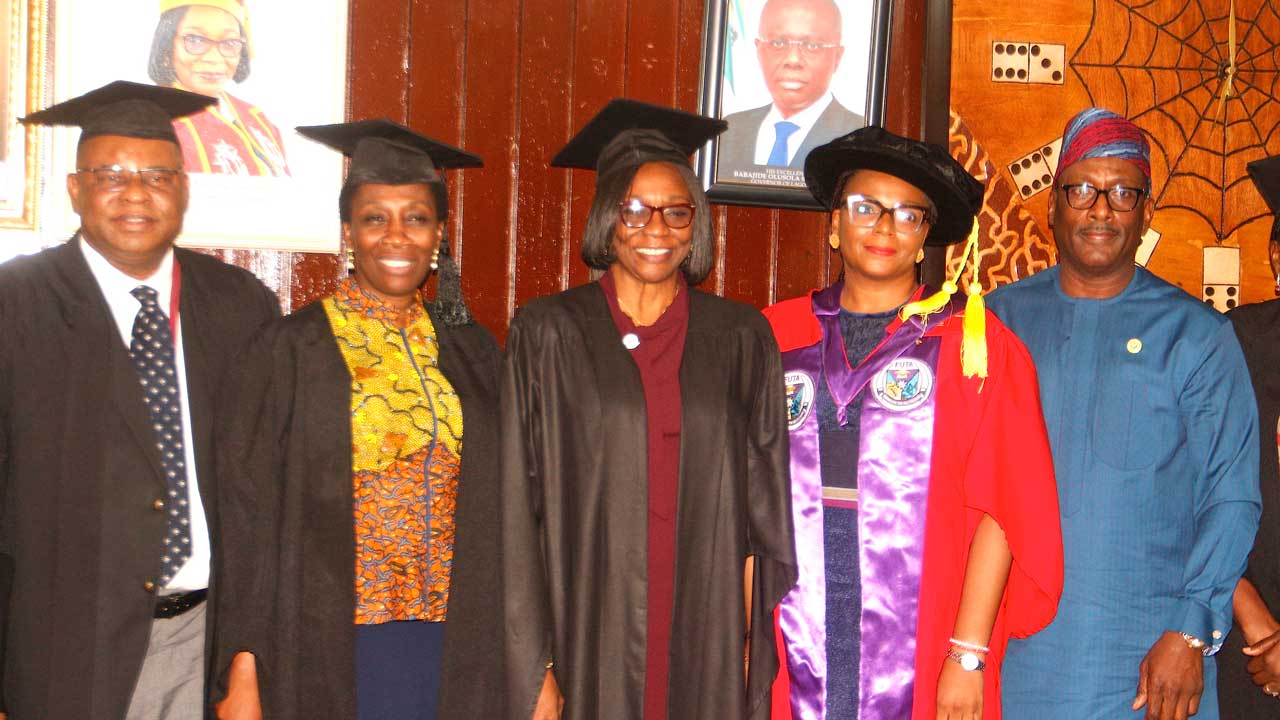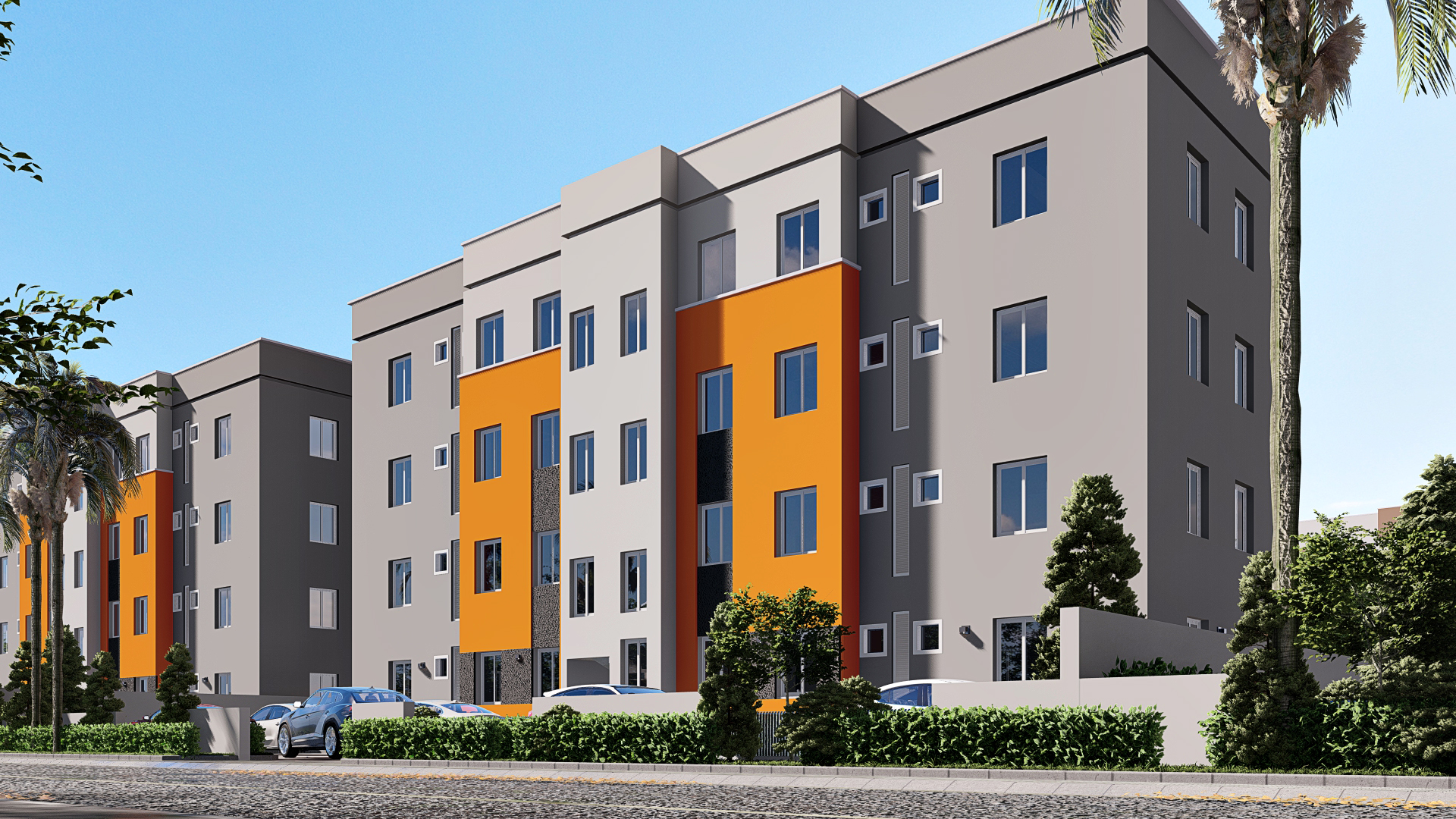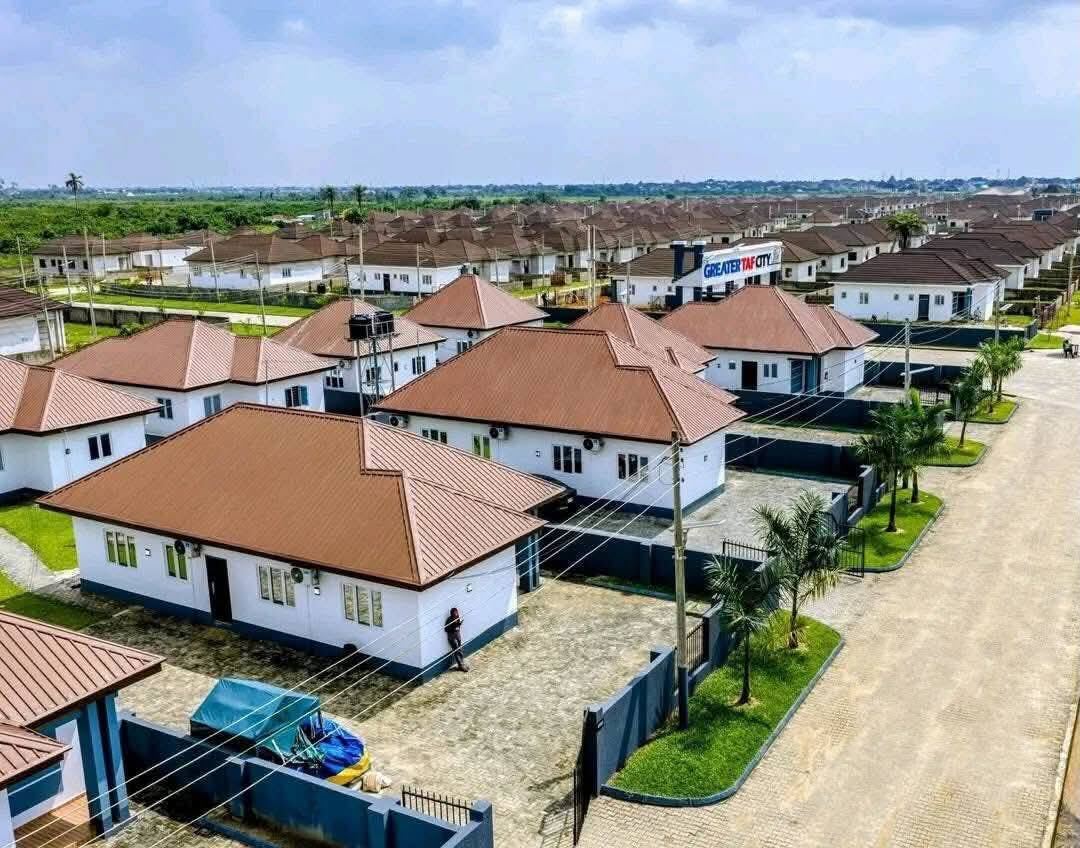
• Urges varsities on curriculum review, people-driven projects
A Professor of Urban Management and Governance, Taibat Lawanson has called for the reform of colonial urban planning and design policies in the country. Lawanson said the current policies do not reflect the present diversity of African people and places, saying that the new alternative paradigms should include voices from local communities, transform cities and public spaces to be truly African.
She also advocated overhaul of the urban and regional planning curriculum to achieve a critical understanding of the reality of everyday life in African human settlements and use of techno-social skills to design, produce and manage better settlements.
Lawanson, who delivered the 21st inaugural lecture of the University of Lagos, the third in the Department of Urban and Regional Planning and the 11th in the Faculty of Environmental Sciences on ‘Alternative Urbanisms: Beyond Utopian Visions of the ‘Emerging’ African City,’ said the process must begin with equipping the next set of urban planning and management professionals with the appropriate technical skills and philosophical contemplations.
According to her, such reviews should also respond to the needs of African urban residents and ensure cities are functional places of productivity, prosperity and sustainability.
“African cities are particularly complex. There are perennial tensions between primordial cultural practices, colonial attempts at socio-spatial reconfigurations and the ongoing post-colonial predilections for creating world class and ‘developed’ cities.
“Alongside these complexities are rapid urbanisation rates, the urbanisation of poverty and the urban youth bulge. In response, urban citizens of Africa are constantly relying primarily on informal systems and structures to create a city that works for them,” she said.
She emphasised the need to envision an inclusive and prosperous city in which there is a good balance between the aspirational desires of the leaders and the socio-economic survival needs of the people.
“The uncritical embrace of neo-liberal governance frameworks as ideal development paradigms exacerbates widespread inequalities in cities. While urban modernity aspirations of the state are desired, it is essential to pay close attention to the processes and unintended consequences and not simply assume an automatic trickle-down effect.
“It is important to understand that social aspects of development are as critical as economic considerations, hence, the interest of citizens must be at the heart of the urban development process,” Lawanson said.
She urged the Town Planners Registration Council of Nigeria (TOPREC) to reverse its decision of gatekeeping the profession of urban and regional planning and open up the space for multidisciplinarity by expanding entry points into the profession.
Lawanson said: “There is a need to move from the rigidity of planning as a technical design-oriented discipline to planning as a social justice discipline that seeks to entrench spatial justice. There is also a need to remove the fear of complexity in urban governance and recognise the alternative urbanisms that are synonymous with African urban places.
“As such, urban management and urban governance must take into account the dynamism and resourcefulness that are implicit in the hybrid self sustaining practices of local communities.”
She stressed that urban planning is an effective tool that can address multi-sectoral development challenges and should be deployed for achieving socioeconomic, political and sustainable urbanisation goals.
“There is a need to step back from colonial legacies of learning and thinking about cities and embrace a more grounded approach, adding that “sustainable practices – albeit at a micro-scale – become the fulcrum for envisioning and operationalising the African city that we desire,” she added.






